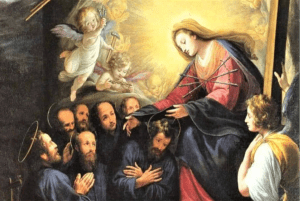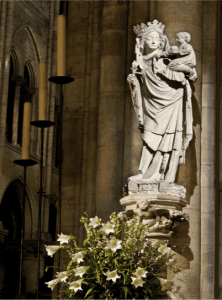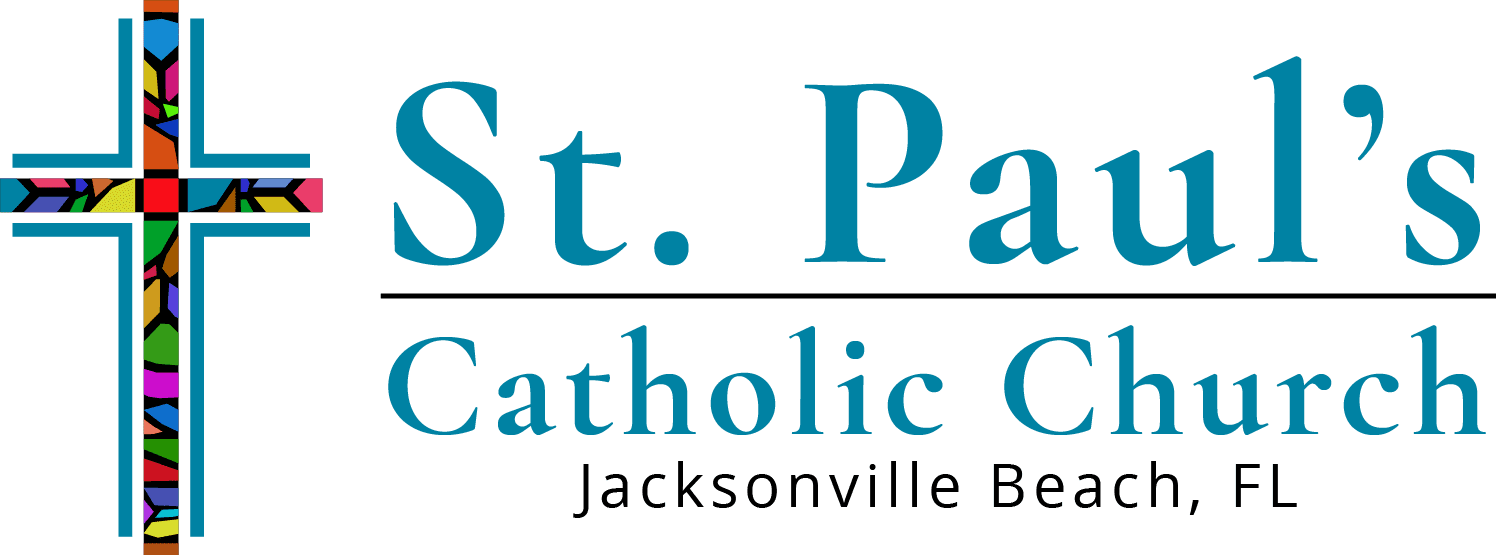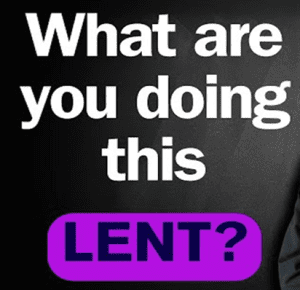In the James Bond movies, 007 had a license to kill. He could shoot all the bad guys he wanted without worrying about being charged with murder. God, however, does not issue a license to sin. The first reading this weekend from Sirach reminds us that any time we choose between life and death, good and evil, it is our free choice and our responsibility. God may allow us to make bad choices, but God never commands anyone to sin.
Jesus goes even deeper than Sirach. The people of Sirach’s time followed the laws and commandments that governed external actions. As long as they treated others fairly, did not kill anyone or steal from them, they could think whatever they wanted. But Jesus taught that thoughts and desires that lead to sin can also be freely chosen or rejected. In the Gospel, he gives us some examples.
The first is about killing. Jesus says that anyone who gets angry enough to kill or who looks down on his neighbor as not deserving to live has committed murder in his heart. What prejudices or grudges are we holding in our hearts? The longer we hold onto hurtful feelings, the more likely it becomes that they will lead to hurtful actions. Because the Eucharist is our sacrament of unity, we should take care to be reconciled with others before coming to the altar.
The next warning is about adultery, which also begins with interior feelings. Jesus exaggerates when he tells us to cut off a hand or tear out an eye, because he knows how easily we rationalize our feelings and pretend they are harmless. This leads to the next warning about divorce. Jesus takes marriage seriously and expects his disciples to do the same.
His final example concerns taking oaths. Apparently, people would swear upon almost anything in an effort to be believed. Jesus gets to the point and says that we wouldn’t need oaths if we always told the truth and kept our promises. Our faith is based on the knowledge that God keeps promises. Shouldn’t we do the same?
-Tom Schmidt, Diocesan Publications
 THE SEVEN HOLY FOUNDERS OF THE ORDER OF THE SERVANTS OF MARY – February 17
THE SEVEN HOLY FOUNDERS OF THE ORDER OF THE SERVANTS OF MARY – February 17
This liturgical feast honors Alexius, Amadeo, Hugo, Benedict, Bartholomew, Gerardino and Juan. A group of merchants who renounced the business life as they left what was necessary for their families, then distributed the rest among the poor. They dedicated themselves entirely to the veneration of the Virgin Mary, going to live on an Italian mountain and later establishing a hermitage for prayer, extreme fasting, and penance. Some time later, at the request of the Supreme Pontiff’s delegate, six of the seven were ordained as priests. Brother Alejo, discerning the priesthood as something very consequential for him, decided to remain as a brother. The Congregation was approved in 1304, and the liturgical feast is held on February 17, in remembrance of the last founder’s death; Brother Alexius shared a testimony of holiness, both in his own life and in the lives of his fellow companions.
—Meghan McDonagh, Diocesan Publications
OUR LADY OF PARIS – February 15
There does not seem to be a great deal of information about Our Lady of Paris. It is an ancient title and can be traced back before the 12th Century, when the Cathedral of Notre Dame de Paris (Our Lady of Paris) was begun. Some authorities say that veneration of the Blessed Virgin in Paris can be traced to the first apostles of the city. Since St. Paul was in Gaul (France) during his travels, it may be assumed that this veneration dates to the first century of the Christian era. And, if Mary was venerated in Paris at that early date, it is possible that she was, even then, known as Our Lady of Paris. Briefly, as long as Christian minds can remember, Paris was consecrated to the Virgin Mary, whom the inhabitants always venerated. A fourteenth-century statue of the Virgin and Child is situated at the southeast pillar of the transept of the Notre Dame Cathedral. Known by the title Our Lady of Paris, it is always surrounded with flowers.







 February 18th – ASH WEDNESDAY
February 18th – ASH WEDNESDAY